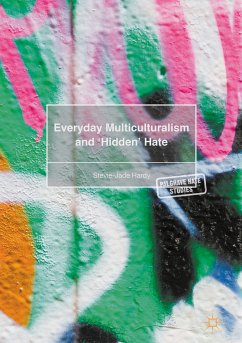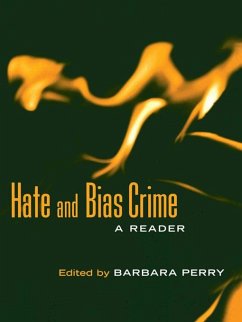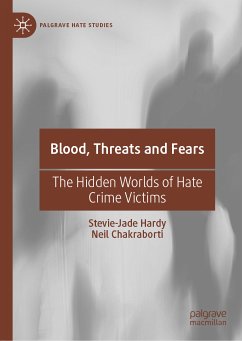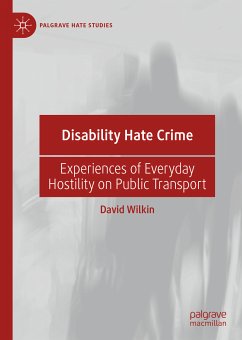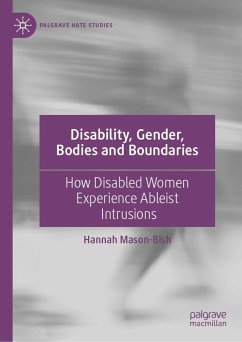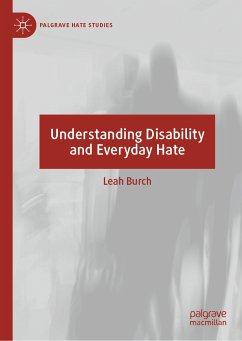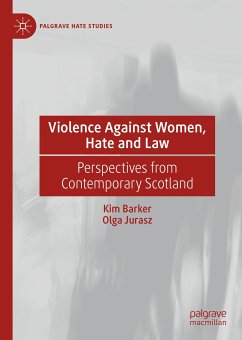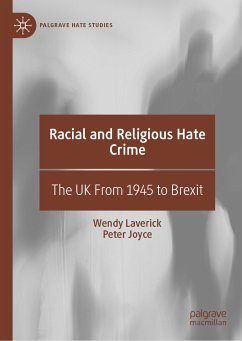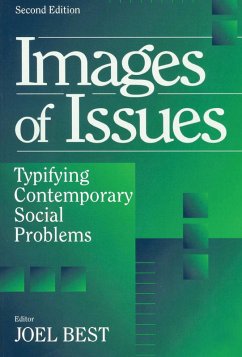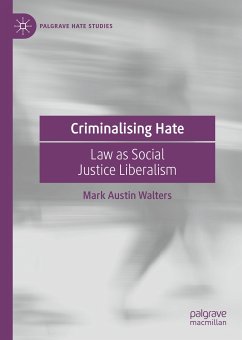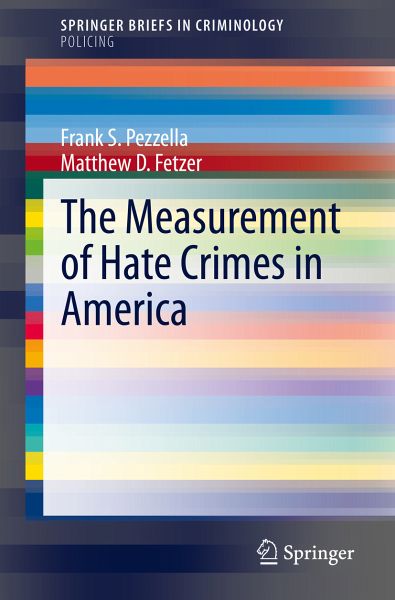
The Measurement of Hate Crimes in America (eBook, PDF)
Versandkostenfrei!
Sofort per Download lieferbar
52,95 €
inkl. MwSt.
Weitere Ausgaben:

PAYBACK Punkte
26 °P sammeln!
Using data from the Uniform Crime Reporting Hate Crime Statistics Program and the National Crime Victimization Survey, this brief highlights the uniqueness of hate or bias crime victimization. It compares these to non-bias crimes and delineates the situational circumstances that distinguish bias from non-bias offending.The nuances of under-reporting shed light on bias-group and victim reasons for not reporting. By examining measurement issues associated with data collection systems, this brief helps explain why eighty-nine percent of participating law enforcement agencies report zero hate crim...
Using data from the Uniform Crime Reporting Hate Crime Statistics Program and the National Crime Victimization Survey, this brief highlights the uniqueness of hate or bias crime victimization. It compares these to non-bias crimes and delineates the situational circumstances that distinguish bias from non-bias offending.
The nuances of under-reporting shed light on bias-group and victim reasons for not reporting. By examining measurement issues associated with data collection systems, this brief helps explain why eighty-nine percent of participating law enforcement agencies report zero hate crimes each year. It describes patterns and trends in reporting the volume of general bias motivations and specific bias types, as the most prevalent hate crime offense types and most likely victims and offenders.
With recommendations to address issues in measurement and under-reporting, including an action plan by the Enhance the Response to Hate Crimes Advisory Committee and the International Association of Chiefs of Police, a best practice model by the Oak Creek Police Department, and other promising law enforcement reporting models, this brief provides an increasingly critical resource for law enforcement practitioners and researchers dealing with hate crimes.
The nuances of under-reporting shed light on bias-group and victim reasons for not reporting. By examining measurement issues associated with data collection systems, this brief helps explain why eighty-nine percent of participating law enforcement agencies report zero hate crimes each year. It describes patterns and trends in reporting the volume of general bias motivations and specific bias types, as the most prevalent hate crime offense types and most likely victims and offenders.
With recommendations to address issues in measurement and under-reporting, including an action plan by the Enhance the Response to Hate Crimes Advisory Committee and the International Association of Chiefs of Police, a best practice model by the Oak Creek Police Department, and other promising law enforcement reporting models, this brief provides an increasingly critical resource for law enforcement practitioners and researchers dealing with hate crimes.
Dieser Download kann aus rechtlichen Gründen nur mit Rechnungsadresse in A, B, BG, CY, CZ, D, DK, EW, E, FIN, F, GR, HR, H, IRL, I, LT, L, LR, M, NL, PL, P, R, S, SLO, SK ausgeliefert werden.



